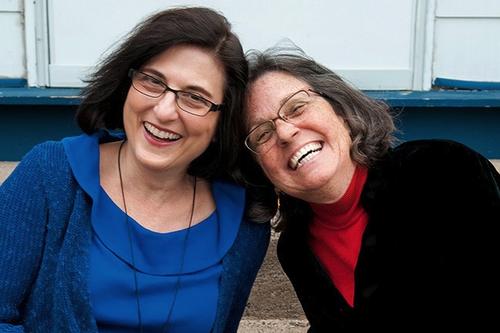
Working with 23 adults undergoing treatment for alcohol use disorder, University of Minnesota social work researcher Amy Krentzman decided to find out if a popular intervention from the field of positive psychology called the Three Good Things practice might help their recovery.
After randomizing the participants into two groups, she had half describe their sleep, exercise, and caffeine intake over the previous 24 hours. The other half listed three good things that had happened to them in that time period, and their causes.
The Three Good Things practice did, in fact, decrease negative mood while strengthening feelings of calm and ease--factors known to support and reinforce recovery.
"The people in the gratitude group said that the practice pulled them away from habitual negative thinking,” Krentzman says. “It also had the unanticipated effect of reinforcing their recovery because when they were asked, ‘Why did that good thing happen?’ they would say, ‘Because I’m in recovery now and not drinking.” Krentzman found, however, that those desirable effects lasted only as long as the practice continued.
She has also embarked on an ambitious study of women coming out of addiction programs to find answers to questions like "How many days is optimal for living in a sober house before transitioning?" and "What are some differences between those who relapse and those who don't?"
And those are just some of the areas Krentzman investigates.
- Categories:
- Health




